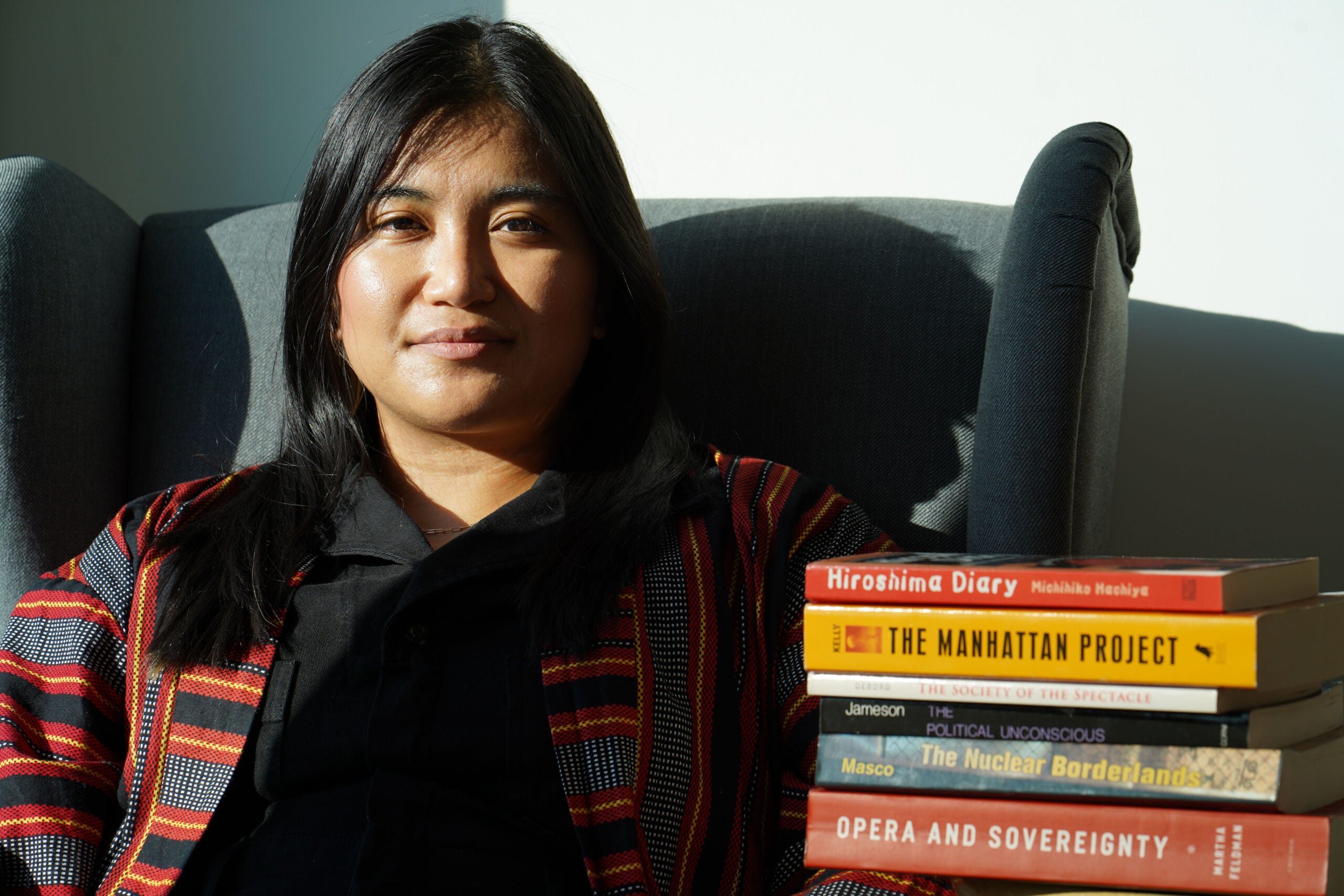Musicology Distinguished Lecture Series
This program is made possible through generous funding from our co-sponsor UCLA Terasaki Center for Japanese Studies.
Japanese composer Toshio Hosokawa’s oratorio Voiceless Voice in Hiroshima (1989, 2001) memorializes the traumatic destruction of Hiroshima, Hosokawa’s birthplace, by a nuclear bomb in 1945. In this lecture, musicologist Anna Gatdula examines Voiceless Voice in Hiroshima as a sonic archive that opens inquiry into the contradictory nature of historical matter: the subjects and objects of history, the perpetrators and victims of trauma. Examining the notion of “voicelessness” in relation to hibakusha (atomic bomb survivors), Gatdula considers tensions between silence and testimony, individual and collective memory, and the politics of victimhood and reparation to ask: Whose voice is voiceless? The victims, the perpetrators, the traumatized? In this talk, Gatdula theorizes historical redress outside paradigms of sovereignty altogether, contributing to ongoing discourse about the role of art in mediating historical memory and the politics of representation.
Anna B. Gatdula (she/her) is an assistant professor in musicology at the University of North Carolina at Chapel Hill. She received her Ph.D. in music history and theory from the University of Chicago in 2023. Her current book project Atomic Spectacle: Aesthetic Strategies of the Nuclear Complex traces the cultural history of the atomic bomb in mediations of “spectacle,” including film, television, video game, opera, and performance art. Gatdula has organized with Asian/American community and activist groups in Chicago, IL, and Project Spectrum.
